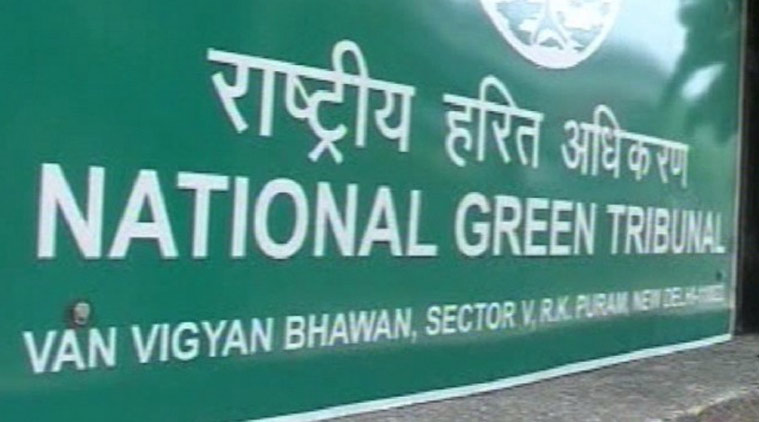The Principal Bench of the National Green Tribunal (NGT) has quashed the notice dated 09.12.2016 issued by the Ministry of Environment and Climate Change whereby substantive clauses of EIA Notification, 2006 that require prior assent, Environmental Clearance (EC) for building and development exercises were removed. According to EIA notice dated 14.09.2006, for building and construction activities having built up area of over 20,000 square meters required prior environment clearance and has to set up and work with the State Pollution Control Boards. The notice issued on 09.12.2006 amended the EIA notice dated 14.09.2006 so as to remove the provisions related to the above. The principle featured in the amended notice dated 09.12.2016 were as per the following:
- No consent to set up and work under the Water (Prevention and Control of Pollution) Act, 1974 and the Air (Prevention and Control of Pollution) Act, 1981 will be required from the State Pollution Control Boards for residential buildings up to 1,50,000 square meters.
- For constructions with built-up area over 20,000 square meters, prior EC from SEIAA is not important. Rather, application for EC will be considered and granted by the local authority/development authority alongside the application for building grant.
- The application for EC will be handled by the recently made 'Condition Cells' in the local authorities/development authorities, with the assistance of certifying Qualified Building Environment Auditors (QBEA).
- Earlier compliance reports with respect to EC conditions must be filed every six months; this time period has been enhanced to five years.
- Infringement of EC conditions will draw in punishments from the a local authority based on suitable legislation by State Governments.
According to unique EIA warning, infringement was managed under Sections 15 and 19 of the Environment Protection Act. The tribunal invoked the "principle of Non-Regression" to manage the issue. According to this rule, 'ecological law ought not to be changed to the detriment of environment protection'. It was discovered that the impugned notice veered off from this rule, as the same took away the power of the Pollution Control Boards and Committee to grant/reject Consent to Establish and Consent to Operate for building and development extends up to an area of 1,50,000 sq meter. It additionally weakened the whole environmental assessment framework under the EIA notification 2006, which has been intermittently reinforced and revised by the various orders of the NGT. It was likewise noticed that notification stripped the Central government and the authorities under it of the power under the EP Act and conferred powers on the state government and the authorities under it to perform tasks related to evaluation and granting of environment clearance to the projects. This, as indicated by the tribunal, was a legitimate ailment, as a subordinate legislation can't strip an expert of powers. Additionally, the exception conceded by the notice for structures having 1,50,000 square meters from the requirement of acquiring consent to establish and work from the Pollution Control Boards was
observed to be unsustainable in law, as a subordinate legislation can't take away the requirements forced by another enactment. An authority can't, in exercise of its subordinate legislation, exclude the operation of a substantive law, i.e. Water Act, 1974 and Air Act, 1981 authorized by the Parliament. The court likewise found that the notice was issued without an appropriate investigation and research. It was additionally discovered that the complaints filed to the draft notice were not considered before issuing the last notice. Also, some of the provisions of the last notification were missing in the draft notice. It was additionally discovered that there were clear vagueness and uncertainty in the Constitution of the Environmental Cell and its functions. There was no clearness with regards to the capability which the individual from the Environmental Cell ought to have.
Courtesy/By: Priyanka Gautam
|
05 Jan 2018

